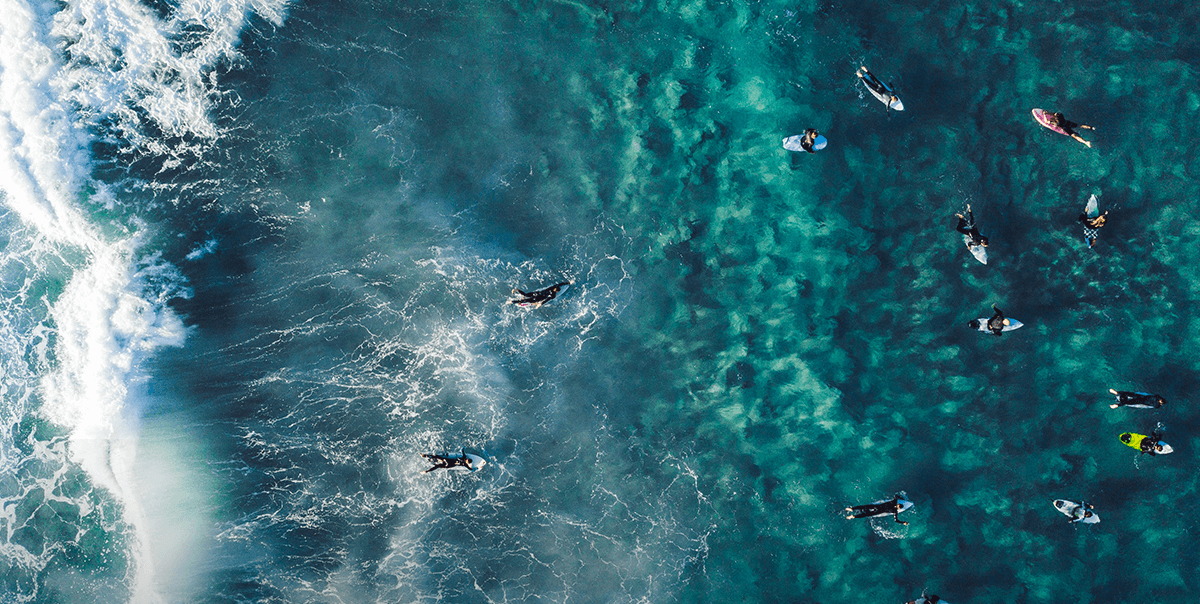Brussels, 22nd May 2025.
Dear President von der Leyen,
Dear Executive Vice President Fitto,
Dear Executive Vice President Ribera,
Dear Commissioner Kadis,
Dear Commissioner Roswall,
As signatories of the Blue Manifesto: Roadmap to a Healthy Ocean by 2030, we write to urge the European Commission to seize a historic opportunity: to present a truly ambitious European Ocean Pact at the upcoming UN Ocean Conference (UNOC3) in Nice this June.
The draft of the Pact falls far short of the ambition, clarity, and enforceability required to address the scale and urgency of ocean degradation. If the EU is to be seen as a credible global leader in ocean governance, the Pact must move beyond repackaging existing initiatives and deliver transformative, enforceable, and well-resourced action.
First, the Pact must fully reflect the urgency of the triple planetary crisis—climate change, biodiversity loss, and pollution—as recognized in the European Council Conclusions on the Ocean Pact and in the Commission’s own Marine Strategy Framework Directive (MSFD) evaluation. The EU’s blue economy cannot be sustainable unless it operates within ecological limits. This demands the restoration of key marine ecosystems as well as a just transition to a low-impact, regenerative blue economy, with clear support for sectors like low-impact fisheries and low-trophic aquaculture, while phasing out harmful activities such as destructive fishing practices in Marine Protected Areas (MPAs) and offshore oil and gas drilling.
Second, the Pact must include binding 2030 targets for the effective protection of at least 30% of EU seas, including at least 10% under strict protection, and phasing out destructive activities in all MPAs. Restoration commitments must be linked to full implementation and enforcement of the Nature Restoration Law and the Marine Action Plan.
Third, implementation and enforcement are critical. The proposed “Enforcement Strategy” needs concrete mechanisms, additional Commission capacity, and a zero-tolerance approach to infringements of EU ocean laws. The failure to end overfishing by 2020—an existing legal obligation—underscores the need for stronger action and oversight, including full implementation of the Common Fisheries Policy.
Fourth, the Pact must include adequate and dedicated financing. The current European Maritime, Fisheries and Aquaculture Fund (EMFAF) is insufficient. We call for a European Ocean Fund to support marine conservation, restoration, and the just transition of blue economy sectors towards low-impact practices—which could be partially financed by eliminating environmentally harmful subsidies by 2030 the latest, as required under the Global Biodiversity Framework.
Finally, the Pact must deliver genuine democratic participation, with civil society including NGOs equitably represented in the proposed Ocean Board and other governance structures, following the Commissioner’s Mission Letters announcing a “new era for dialogue with citizens and stakeholders”. Ocean policy must reflect the voices of those fighting to safeguard the ocean for the public good—not just industrial or commercial interests.
The EU has the tools, knowledge, and responsibility to lead. At UNOC3, it must demonstrate that leadership through a robust, coherent, and binding Ocean Pact—one that truly charts a course toward a thriving ocean by 2030.
Yours sincerely,

Dr Monica Verbeek – Executive Director, Seas At Risk
On behalf of:
Vera Coelho, Deputy Vice President, Oceana in Europe
Eric Morbo, Director, Surfrider Foundation Europe
Ariel Brunner, Regional Director, BirdLife Europe and Central Asia
Ester Asin, Director, WWF European Policy Office
Anais Berthier, Head of ClientEarth Brussels

